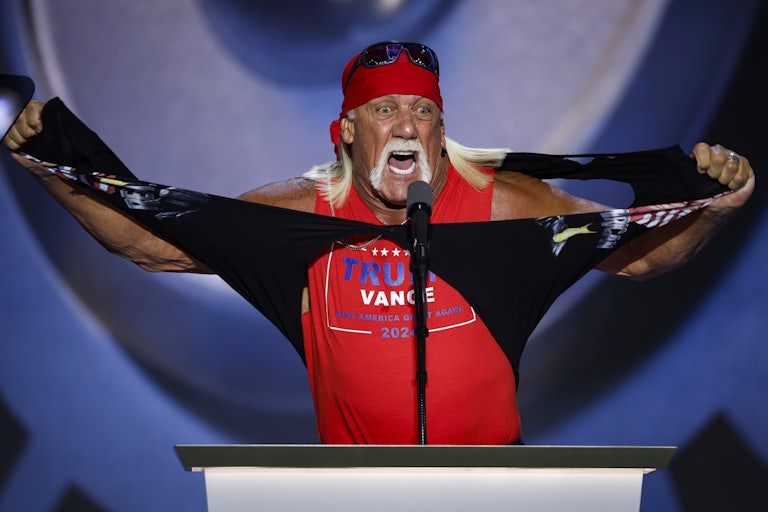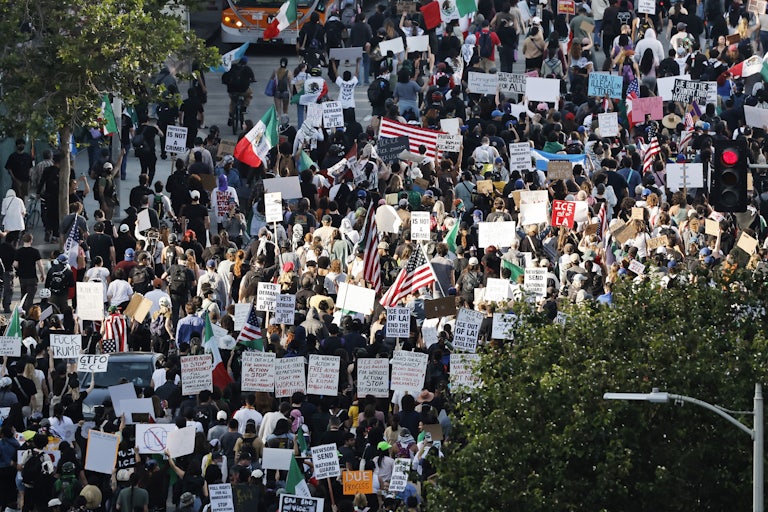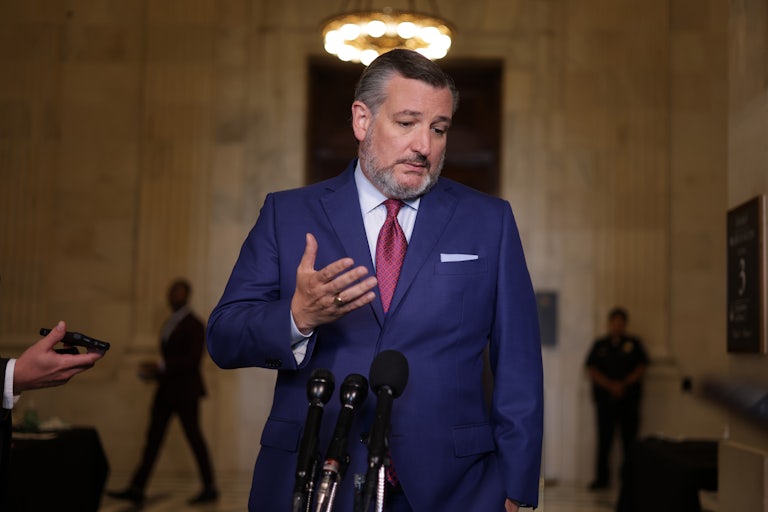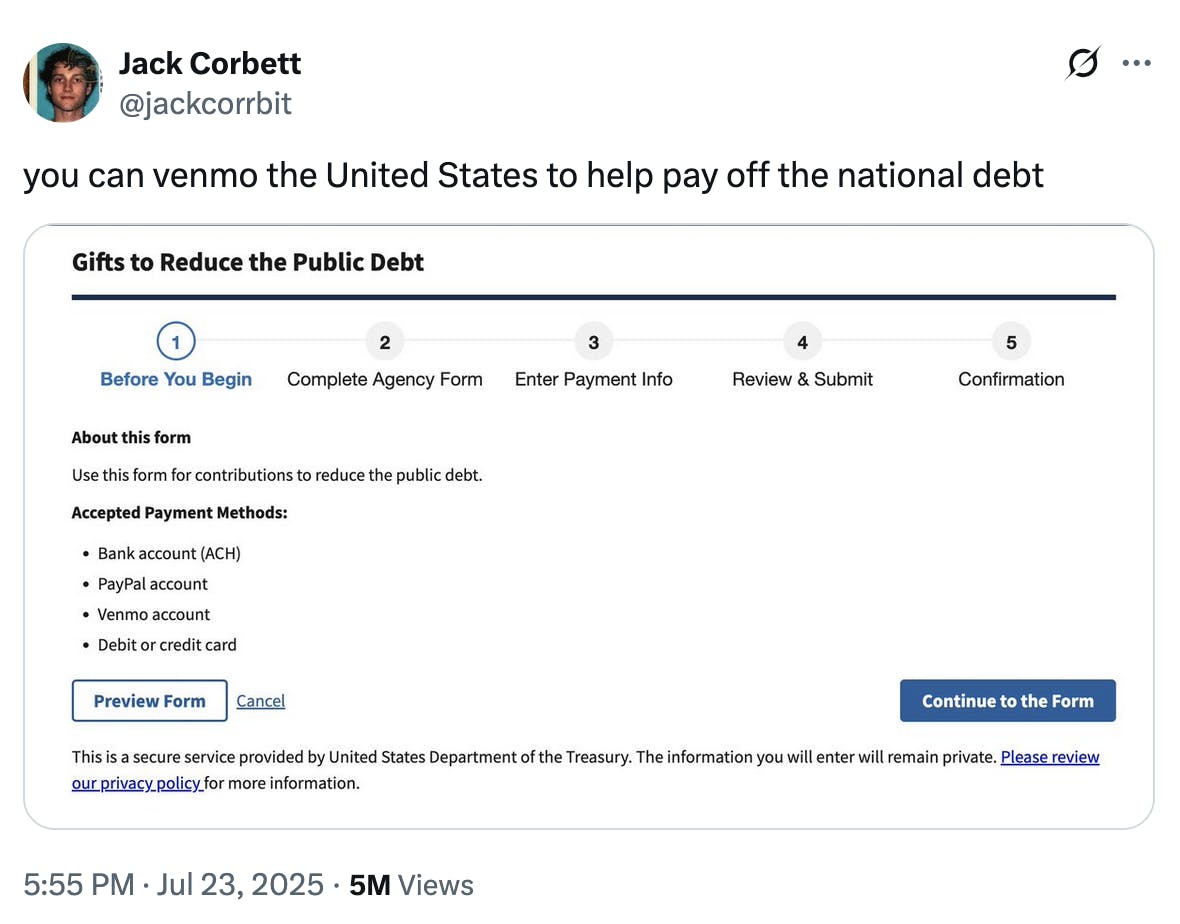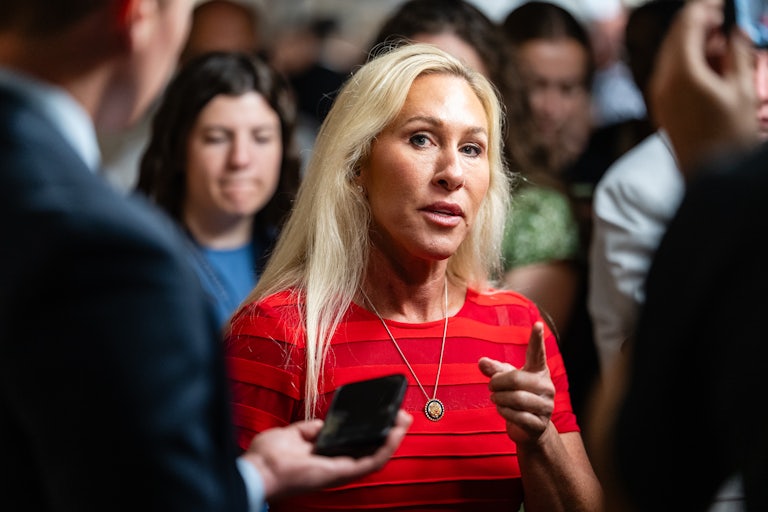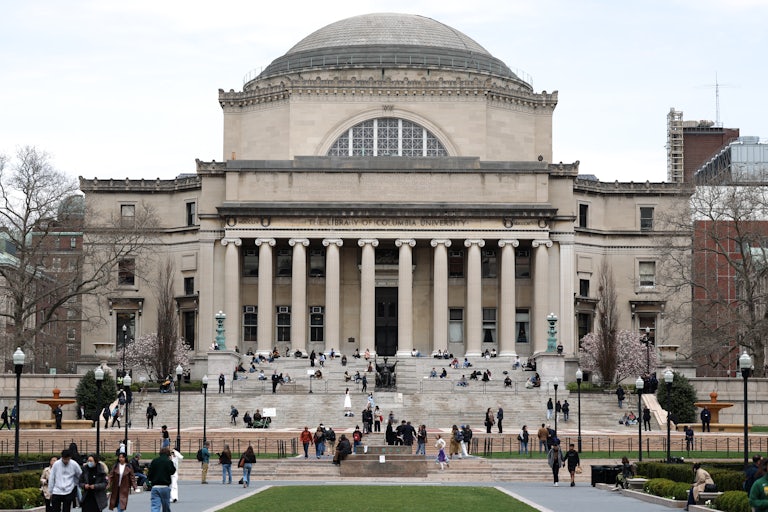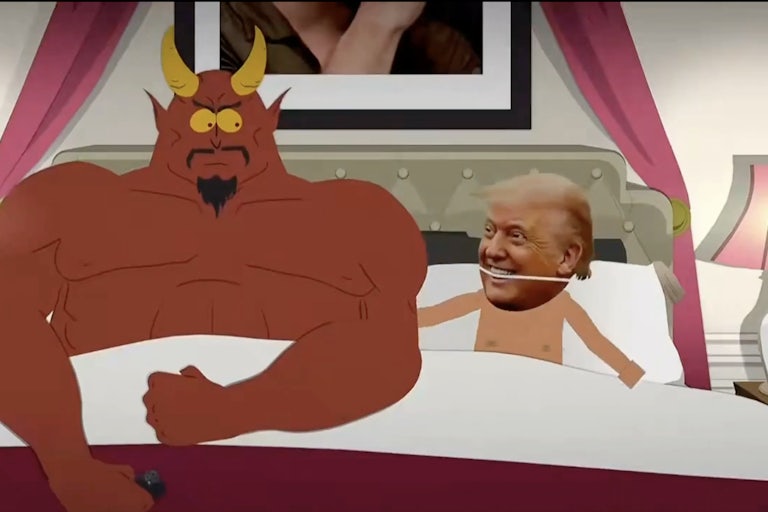American Car Companies Are Pissed About Trump’s Japan Trade Deal
U.S. automakers say they’re being screwed over by Trump’s trade deal with Japan.
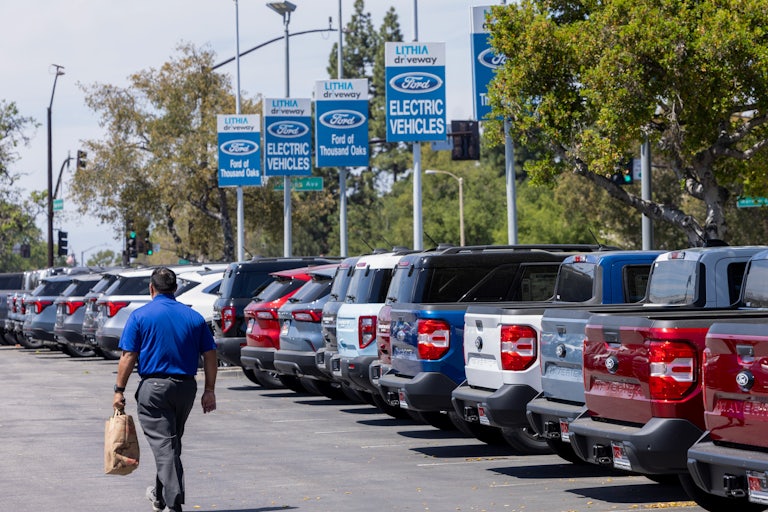
U.S. automakers are reporting that Trump’s trade deal with Japan is favoring Japanese automakers over them in yet another reneging on the president’s so-called “America First” agenda.
Trump initially announced a 25 percent tariff on all foreign car imports in April. But on Tuesday, he announced a trade deal that lowered tariffs to 15 percent for Japanese automobiles and car parts. Meanwhile, U.S. car companies still have to deal with the 50 percent tariffs Trump placed on the steel and aluminum they need to actually build their product.
“We need to review all the details of the agreement, but this is a deal that will charge lower tariffs on Japanese autos with no U.S. content,” said Matt Blunt of the American Automotive Policy Council, which represents General Motors, Ford, and Stellantis.
The United Auto Workers union has stated it is “deeply angered” by Trump’s deal with Japan.
“For decades, Japanese automakers have exploited open access to the U.S. market while failing to do right by American workers. Now, instead of addressing the problem, this deal gives them another break—at the expense of the very companies and workers that built the American auto industry into the global standard for good jobs and world-class products,” the statement read.
“A better deal would have held Japanese automakers to the same standards U.S. workers have fought for at GM, Ford, and Stellantis.… If this becomes the blueprint for trade with Europe or South Korea, it will be a major missed opportunity,” the UAW statement continued. “We need trade deals that raise standards—not reward the race to the bottom. This deal does the opposite.”
The president is folding to the countries he tried to strong-arm a few months ago, all while hurting domestic industry in the process. Trump plainly prioritizing Japanese cars over American ones is also likely to hurt working-class people who supported him in states like Wisconsin and Michigan, where auto manufacturing plays a crucial role in the economy.
